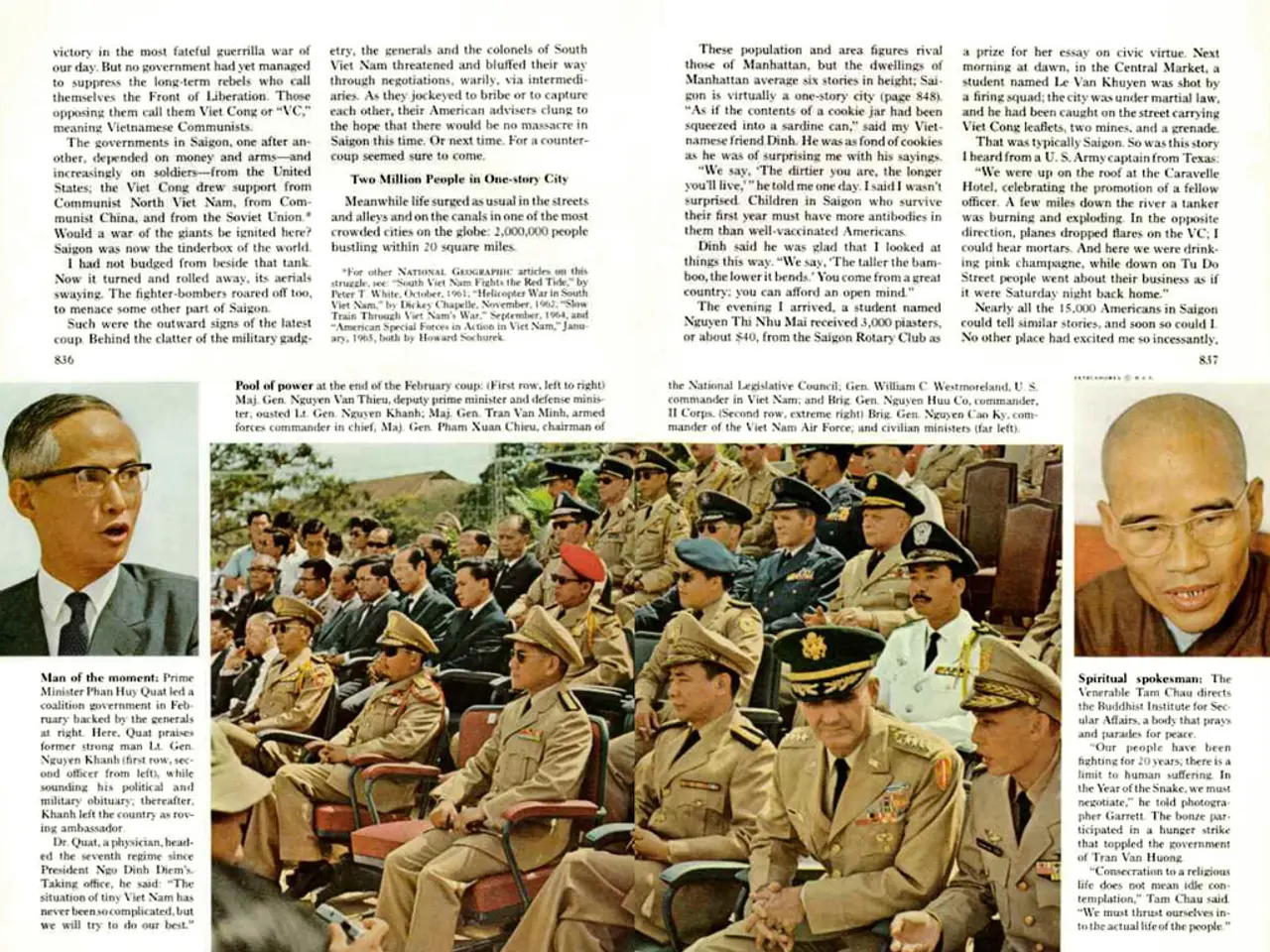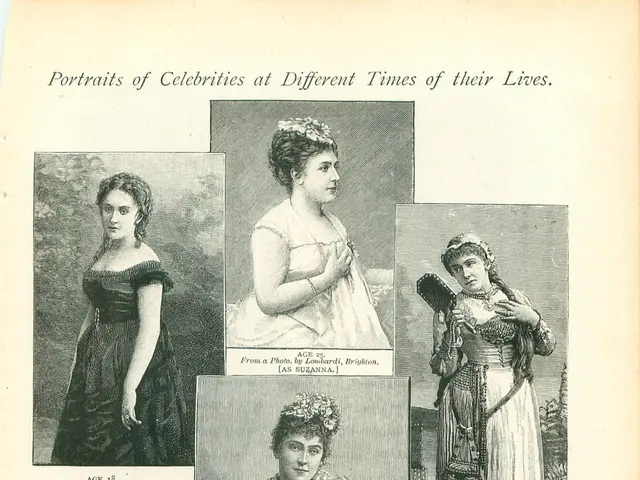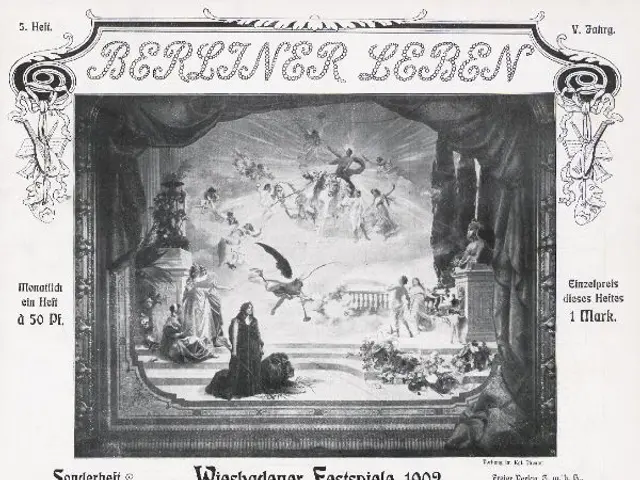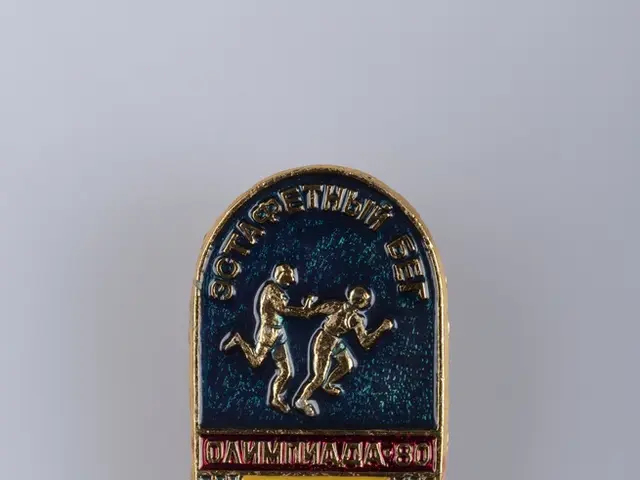stolenarticle by Mamdani, utilizing leaked papers from white supremacist groups, generates controversy
The New York Times has found itself at the heart of a storm of controversy after publishing a report about Zohran Mamdani, a New York mayoral candidate. The report, which was based on documents obtained in a hack of Columbia University's systems, was attributed to the hacker group known as 'Phantom Stalker'.
The focus of the report was on Mamdani's racial heritage and self-identification, as he had checked boxes indicating that he was both 'Asian' and 'Black or African American' in a college application to Columbia University. Mamdani, who is of Indian descent, was born in Uganda and lived in South Africa before moving to the United States.
The publication of the report has sparked intense debate online, with some questioning its newsworthiness and expressing concern over the sourcing. Patrick Healy, the assistant managing editor for standards and trust at the Times, defended the report's publication, stating that it was important and newsworthy, and that the information was true, independently confirmed, and relevant to the public.
However, some have raised concerns about the lack of transparency regarding the source of the hacked materials. Crémeux, the source of the documents, is known on Substack and X and was described as an academic and an opponent of affirmative action. It has since been revealed that Crémeux is actually the social media alias of Jordan Lasker, a promoter of white supremacist views.
Jamelle Bouie, a Times opinion columnist, posted criticism of the report on Bluesky, which he later deleted, citing violation of Times social media standards. Kelly McBride, the chair of the Craig Newmark Center for Ethics and Leadership at the Poynter Institute, expressed concern that the Times did not provide more information about Crémeux up front.
The story has also sparked a debate about race, with some arguing that the focus on Mamdani's racial heritage and self-identification is a form of racial profiling. Mamdani himself has stated that he selected those boxes because the available options did not reflect the complexity of his background.
The report was overseen by a newsroom in transition: the longtime Metro editor, Nestor Ramos, is in the process of taking over the National desk. The Times has since closed comments on the Mamdani report and posted a survey about the college admissions process, asking, 'Are You Frustrated by Census and Racial Categories?'
In a statement, Healy acknowledged that the response from readers seeking more information about Crémeux was 'fair feedback'. The Times declined to publish Trump campaign documents concerning JD Vance last summer, citing concerns about the documents' origins. The controversy surrounding the Mamdani report is likely to continue as questions about sourcing, newsworthiness, and race remain unanswered.
Read also:
- King Charles's body language analyst dissects signs of apparent 'impatience' exhibited by Charles towards Trump
- Mohammad Yousuf publically labeled Suryakumar Yadav as a "pig," an unusual slur Yousuf explained.
- Today's most impactful photographic moments
- Support for Eric Adams in The Post's Letters to the Editor on August 13, 2025








